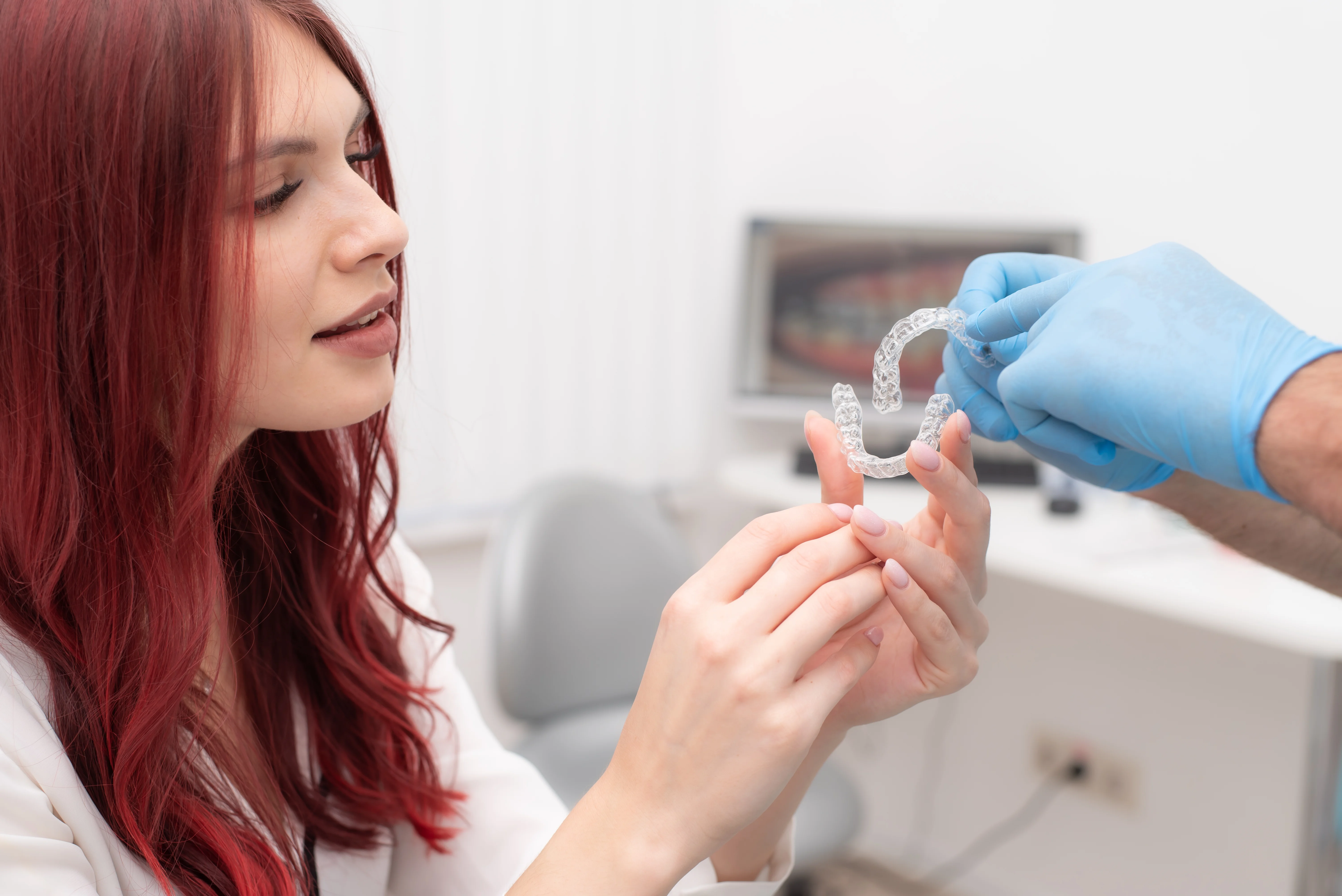Does Invisalign Take Longer If You Are Older?
When considering orthodontic treatment, many adults wonder about the duration of procedures like Invisalign. The question, "Does Invisalign take longer if you are older?" is a common concern. This article aims to provide comprehensive insights into this matter.
Orthodontic treatments, including traditional metal braces, ceramic braces, and invisible braces, are designed to move the teeth into a proper position. Whether you're considering braces or Invisalign, understanding the factors influencing treatment duration is crucial.
To explore this further or to start your journey with Invisalign, feel free to book a consultation with a dental professional today.
Understanding Invisalign and Age-Related Factors
Invisalign is a dental treatment involving a sequence of clear, plastic aligners designed to gently push teeth into their correct positions over time. These aligners are custom-made for each patient and are typically tooth-colored, blending seamlessly with the natural appearance of the teeth. This method is used for straightening teeth and improving oral health.
The success of Invisalign, as with any orthodontic treatment, relies on several factors. These include the complexity of the dental issues being addressed, the specific type of aligners chosen, and the age of the patient, as younger patients often experience faster results due to their still-developing jawbones and teeth. The American Association of Orthodontists recognizes the efficacy of treatments like Invisalign for correcting various dental misalignments, although the outcomes can vary from person to person based on their individual dental conditions.
Many people think that if you're older, brace or other orthodontic treatments won't work as well or will take a lot more time. However, this isn't true.
Age is not a major factor in the effectiveness of orthodontic treatment. Whether you are young or more mature, these treatments can be just as successful. In fact, adults often follow their treatment plans more consistently than younger patients, which can lead to excellent results.
It's important to know that healthy teeth can be moved at any age, and it's never too late to improve your smile. So, if you're considering orthodontic treatment, don't let your age hold you back.
Orthodontists have many ways to help improve your teeth's alignment and your overall oral health, regardless of your age." While the tooth movement process can be slightly slower in adults due to denser bone tissue, this doesn't significantly impact the overall treatment plan duration.
Curious about the pros and cons of Invisalign at your age? Schedule a consultation by clicking here.
Maintaining Oral Hygiene with Invisalign
Regardless of age, maintaining oral hygiene is crucial during orthodontic treatment. Invisalign aligners are removable, making it easier to brush and floss. This advantage helps in keeping your teeth and jaw healthy, which is essential for the success of the treatment. If you're wondering whether age is a factor when considering Invisalign, you can find more information here: Is 55 too old to get Invisalign?.
For detailed advice on maintaining dental health while using Invisalign, consider booking an appointment with a dentist or orthodontist. Click here to find a location near you.
Choosing the Right Type of Braces
Whether it's lingual braces, ceramic braces, or Invisalign, each type has its unique features. Ligating braces and traditional metal braces with stainless steel or metal brackets are other options. These braces work by applying pressure and holding the wires that move your teeth.
When considering getting braces, it's important to know how long they need to be worn and the pressure they put on your teeth. Different types of braces, like traditional metal ones and Invisalign, apply pressure differently. This can impact the experience and duration of treatment for individuals who wear braces. To learn more about the appropriate age for Invisalign, you can visit the following link: What age is appropriate for Invisalign?.
To make a well-informed decision, you can arrange a meeting with a skilled orthodontist. They can help you understand the advantages and disadvantages of each type of brace, including Invisalign, based on your specific needs and situation. This consultation is crucial for choosing the right option for your dental health and comfort.
